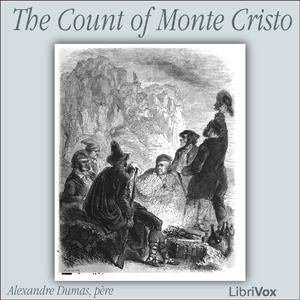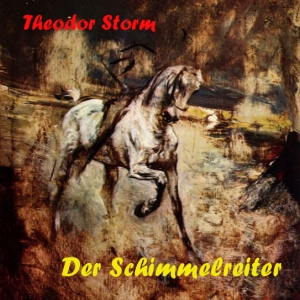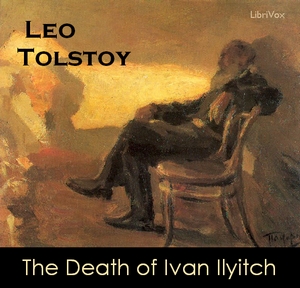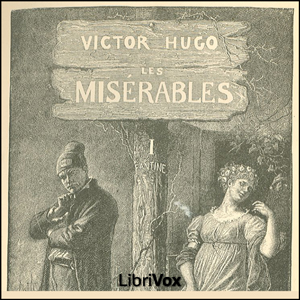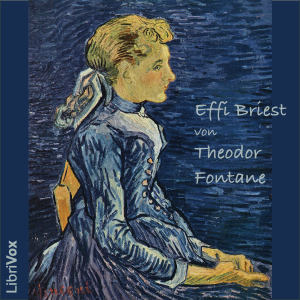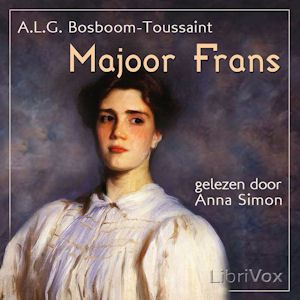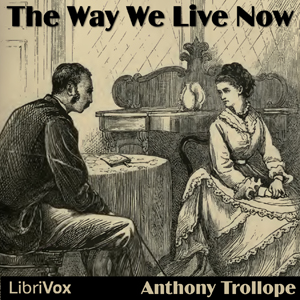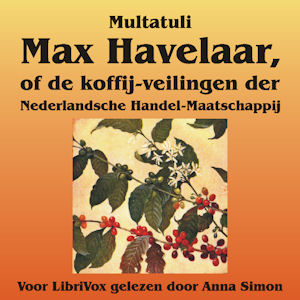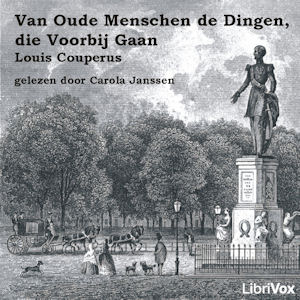- The frightened heirs
- The rich uncle
- The doctor's friends
- Zélie
- Ursula
- A treatise on mesmerism
- A two-fold conversion
- The conference
- A first confidence
- The family of Portenduère
- Savinien saved
- Obstacles to young love
- Betrothal of hearts
- Ursula again orphaned
- The doctor's will
- The two adversaries
- The malignity of provincial minds
- A two-fold vengeance
- Apparitions
- Remorse
- Showing how difficult it is to steal that which seems very easily stolen
“Ursula,” first published in French in 1841 as “Ursule Mirouët,” is part of Balzac’s great suite of novels, collectively titled “The Human Comedy.”
A wealthy, elderly doctor has raised as his goddaughter a child who is the daughter of his deceased brother-in-law — a man who was himself illegitimate by birth. The doctor retires to a provincial town that is filled with his relatives by birth and inter-marriage. By French inheritance laws of the time, these relatives have a right to expect at least a share of the doctor’s wealth upon his death. In contrast, the beloved goddaughter — who is legally not “related” to him — has no automatic claim to inheritance. This sets up a situation in which the crass and materialistic relatives frantically try to lay hands on the whole of the doctor’s inheritance.
There is also in the novel a strand of occult spiritualism. Balzac was fascinated by paranormal and mystical experience. Here we see evidence of his interest in Franz Mesmer’s theories (“mesmerism” prefiguring the later science of hypnotism) and the ideas of the Swedish mystical theologian Emanuel Swedenborg. Modern readers — who may think of Balzac as one of the founders of realism in fiction — probably scoff at and discount the brief episodes of seances and occultism. In truth, however, Balzac’s interest in these fields was shared by many European intellectuals and artists of his time. However improbable these elements may seem to us today, for Balzac, the spiritual and the material worlds were not contradictory exclusions, but realities that reach into each other’s realms.
Balzac himself considered this novel to be the very best that he had written up to this point in his career. - Summary by Bruce Pirie
There are no reviews for this eBook.
There are no comments for this eBook.
You must log in to post a comment.
Log in


